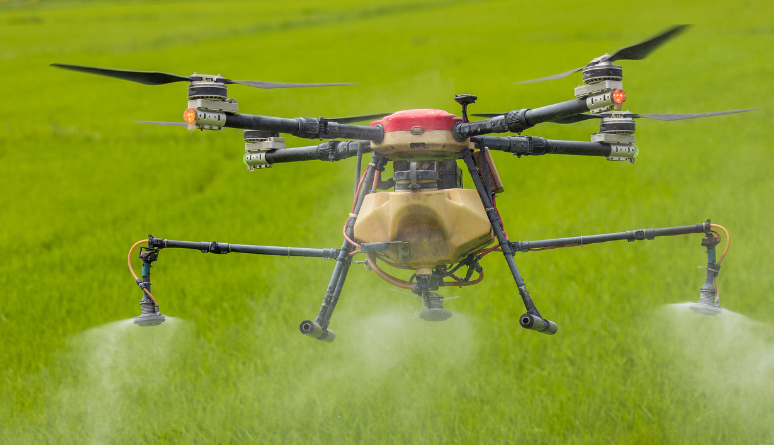Revolutionizing Agriculture: The Impact of Technology on Farming Practices
Agriculture is a vital industry that provides food, fibre, and other resources to support human life. However, traditional farming practices can be labour-intensive and resource-intensive, leading to inefficiencies and negative impacts on the environment. In recent years, advancements in technology have begun to revolutionize the way we farm, with the potential to improve yields, reduce costs, and minimize the environmental footprint of agriculture.
One of the most significant technological advances in agriculture is the use of precision farming techniques. Precision farming uses a combination of technologies, including GPS mapping, remote sensing, and variable rate technology, to optimize crop production and reduce inputs such as fertilizer and pesticides. By using data and analytics to make informed decisions about planting, fertilizing, and harvesting, precision farming can increase yields and reduce costs.
Another area where technology is having a major impact on agriculture is the use of autonomous vehicles and drones. These technologies are being used to perform tasks such as planting, harvesting, and spraying crops, reducing the need for human labour and increasing efficiency. Autonomous tractors and harvesters, for example, can operate 24/7, allowing for faster and more efficient harvesting. Drones can be used for crop monitoring and precision spraying, allowing farmers to apply pesticides and fertilizers more precisely, reducing waste and environmental impact.
Another key technology that is revolutionizing agriculture is Artificial Intelligence (AI) and machine learning. These technologies are being used in a range of applications, including crop monitoring, weather forecasting, and even identifying pests and diseases. AI-based systems can analyze large amounts of data, such as weather and soil data, to make predictions and optimize crop management. This can help farmers to increase yields and reduce costs by using resources more efficiently.
One more area that has been greatly impacted by technology is Livestock farming. Advancements in technology have led to significant improvements in the health, welfare, and productivity of livestock. For example, sensor-based technologies can be used to monitor the health of individual animals, allowing farmers to identify and treat illnesses early. The use of precision feeding systems and automated milking systems has also increased efficiency and reduced labour costs.
In conclusion, technology is playing an increasingly important role in agriculture, revolutionizing the way we farm. From precision farming and autonomous vehicles to AI and machine learning, these technologies have the potential to improve yields, reduce costs, and minimize the environmental footprint of agriculture. As these technologies continue to evolve and become more widely adopted, we will likely see even more significant improvements in the efficiency and sustainability of agriculture in the future.
References:
- “Precision Agriculture: The Future of Farming,” AgFunderNews, https://agfundernews.com/precision-agriculture-the-future-of-farming.html
- “Revolutionizing Agriculture with Autonomous Tractors and Harvesters,” Robotics Business Review, https://www.roboticsbusinessreview.com/agriculture/revolutionizing-agriculture-with-autonomous-tractors-and-harvesters/
- “Artificial Intelligence in Agriculture: Optimizing crop management with AI,” Analytics Insight, https://www.analyticsinsight.net/artificial-intelligence-in-agriculture-optimizing-crop-management-with-ai/
- “Technology in Livestock Production,” University of Wisconsin-Madison, https://fyi.extension.wisc.edu/livestockwise/technology-in-livestock-production/

